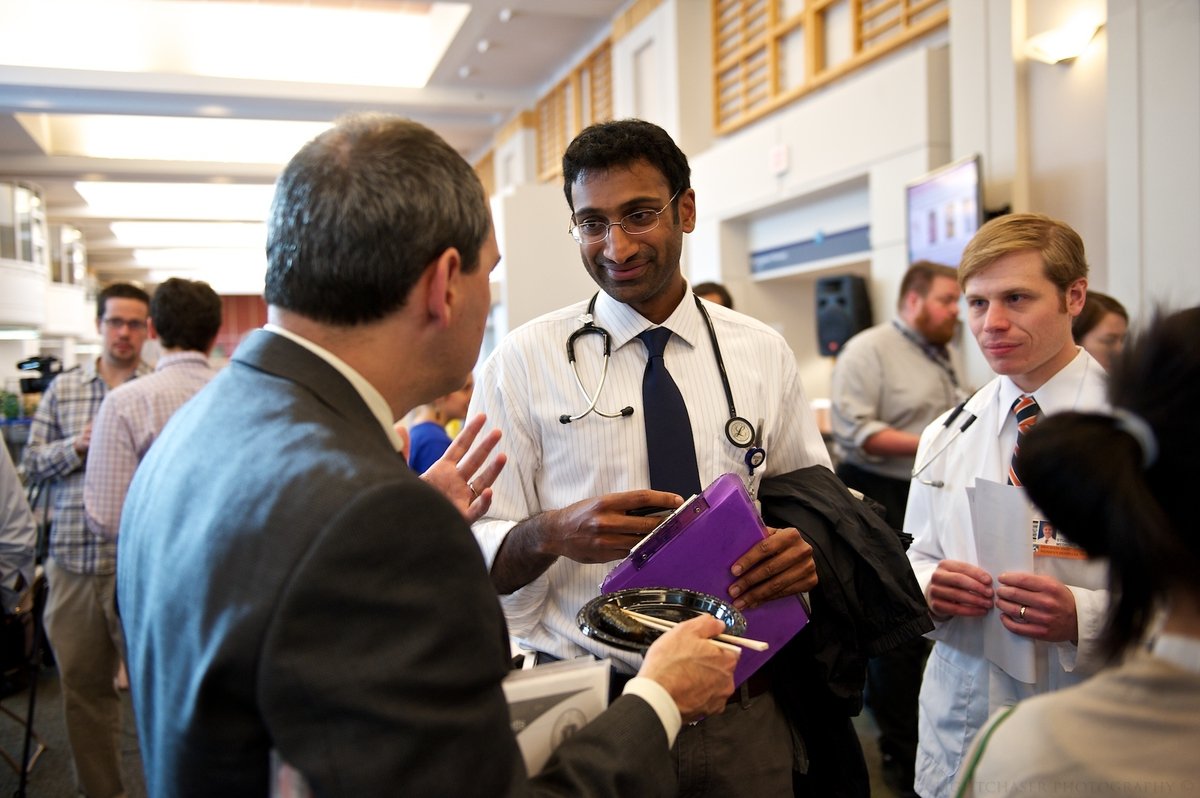
Social Medicine Course (SMC)
A global model of education that combines critical reflection with action
EqualHealth’s Social Medicine Course offers graduate-level health professional students in Uganda, Haiti, and the United States the unique opportunity to engage in a transnational course on social medicine.
The experiential course immerses students in the study of health equity, the social and structural determination of health, the principles and practice of global health in a local setting, and community-based healthcare. It merges unique pedagogical approaches including community engagement; synchronous web-based presentations and discussions; group reflection; theater, film, and other art forms; and where possible, patient interaction through narrative medicine.
These approaches create an innovative and interactive learning environment in which students participate as both learners and teachers to advance the entire class’ understanding of the interactions between the biology of disease and the myriad social, cultural, economic, political, and historical factors that influence illness presentation and social experience of disease.
The course integrates critical reflection upon personal experiences with power, privilege, race, class, ability, and gender; incorporates assignments that are action-oriented and focused on learning skills to lead change; and seeks to expand social cohesion in the communities of participants. These aspects of the course provide rich opportunities to develop the leadership, advocacy, and communication skills that are important for advancing health equity in partnership with communities.
The Social Medicine Course is based out of the University of Minnesota's Center for Global Health and Social Responsibility. It is designed for graduate-level students studying medicine, nursing, midwifery, public health, and other related disciplines. It typically runs from September to December annually.
Objective
Course Goals
Faculty
Curriculum
The Social Medicine Course emphasizes building partnerships and encourages students to reflect upon their own experiences with power, privilege, race, class, gender, and sexual orientation as central to effective partnership building in global health. In the spirit of praxis, a model of education that combines critical reflection with action, students are empowered to discern their role in global health and social medicine through facilitated, in-depth conversations with core faculty and student colleagues.
Following this course, students will be able to:
Describe and analyze the social determinants of health that influence health outcomes amongst different communities and population groups locally and globally.
Apply global health social theories and frameworks to evaluate various models of health intervention that respond to health inequities in the global south.
Engage in critical self-reflection on one’s personal story and how that relates to one’s future role leading efforts to advance health equity.
Demonstrate the ability to engage in deep listening, perform a root-cause analysis, effectively work as a member of a diverse team, describe one’s own story, and build social cohesion.
Describe policies that affect health and use that knowledge to identify a strategy to advocate for social change with emphasis on current health issues.
Apply communication strategies with a diverse network of peers, faculty, and community members on health challenges and solutions.
Owilli Alex Olirus: Course Director, Uganda; Collective member of EqualHealth Leadership Council; Research Associate, The Urban Public Health Network of Canada; PhD Student Community Health and Epidemiology,University of Saskatchewan
Michael Westerhaus: Course Director, Minnesota; Collective Member of EqualHealth Leadership Council; Primary care physician at the Center for International Health in St. Paul, MN; and a member of University of Minnesota Global Health Faculty
Ainembabazi Provia: Co-course Director, Uganda; Infectious Diseases Institute; Secretary, Board of Directors EqualHealth; MPH student, Manchester University
Amy Finnegan: Co-course Director, Minnesota; Collective Member of EqualHealth Leadership; Associate Professor of Peace and Justice, University of St. Thomas
Ornella Sainterant: Course Director, Haiti; Family Medicine Physician; Senior Fellow, Marshall-Wolf EqualHealth Medical Education Fellowship
Johana Josema: Co-course Director, Haiti; SMAH leadership; Medical Student; Junior Fellow, Marshall-Wolf EqualHealth Fellowship in Medical Education
Marisa Nadas- Co-Course Director, Haiti; CollectiveMember of EqualHealth Leadership; Obs/Gyn Physician, Albert Einstein Hospital, New York
Part 1 – Social Determinants of Health: Accounting for Local and Global Contexts
Part 2 – Health Interventions: Paradigms of Charity, Development, and Social Justice
Part 3 – Core Issues in Social Medicine: Primary Health Care, Community Health Workers, Health and Human Rights, and Health Financing
Part 4 – Making Social Medicine Visible: Writing, Narrative Medicine, Deep Listening, Photography, and Community Organizing and Leadership
Contact SocMed
Email: info@equalhealth.org






